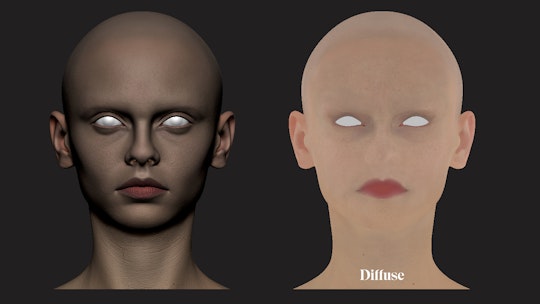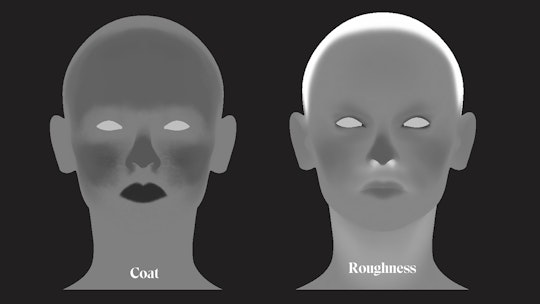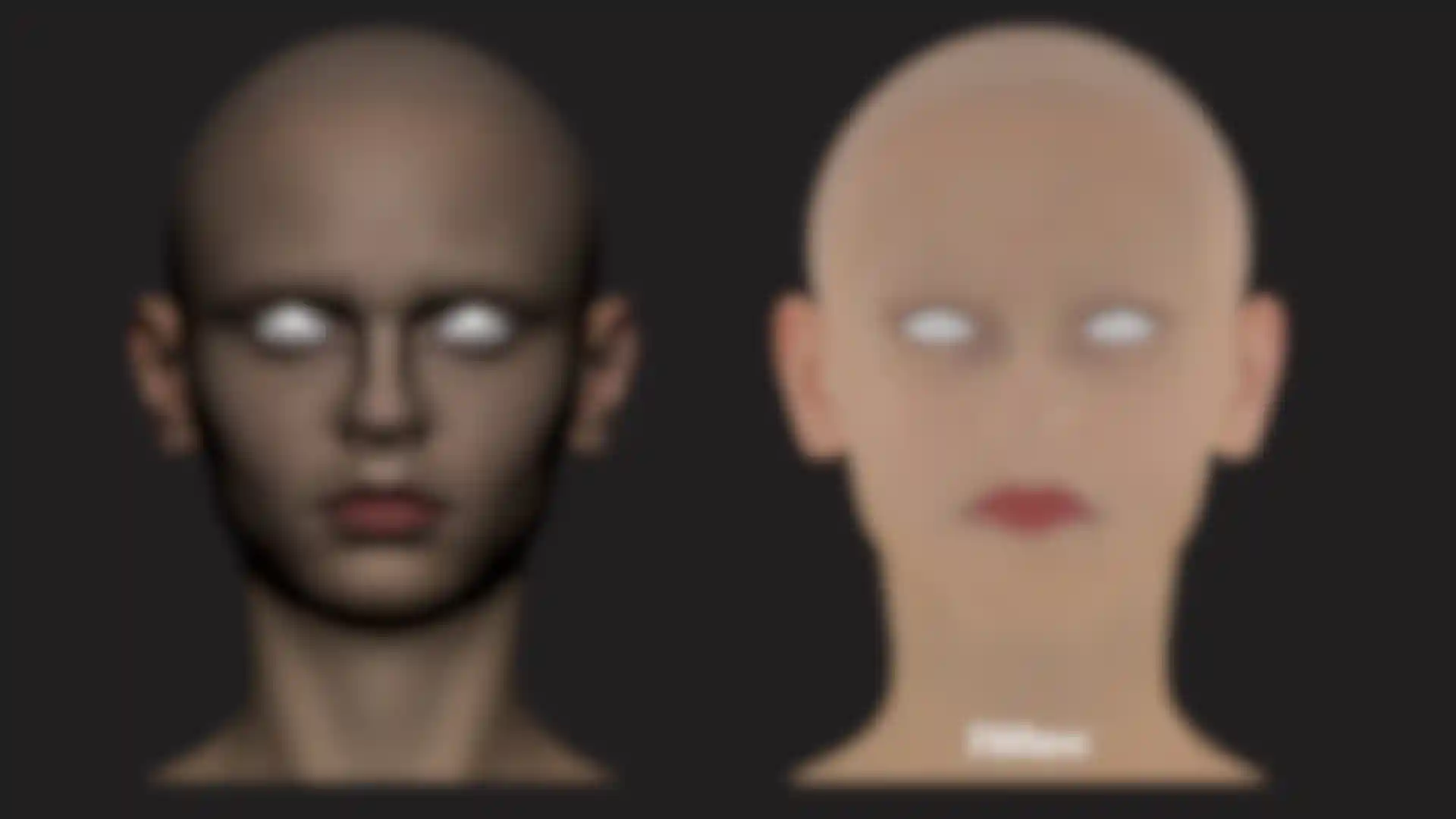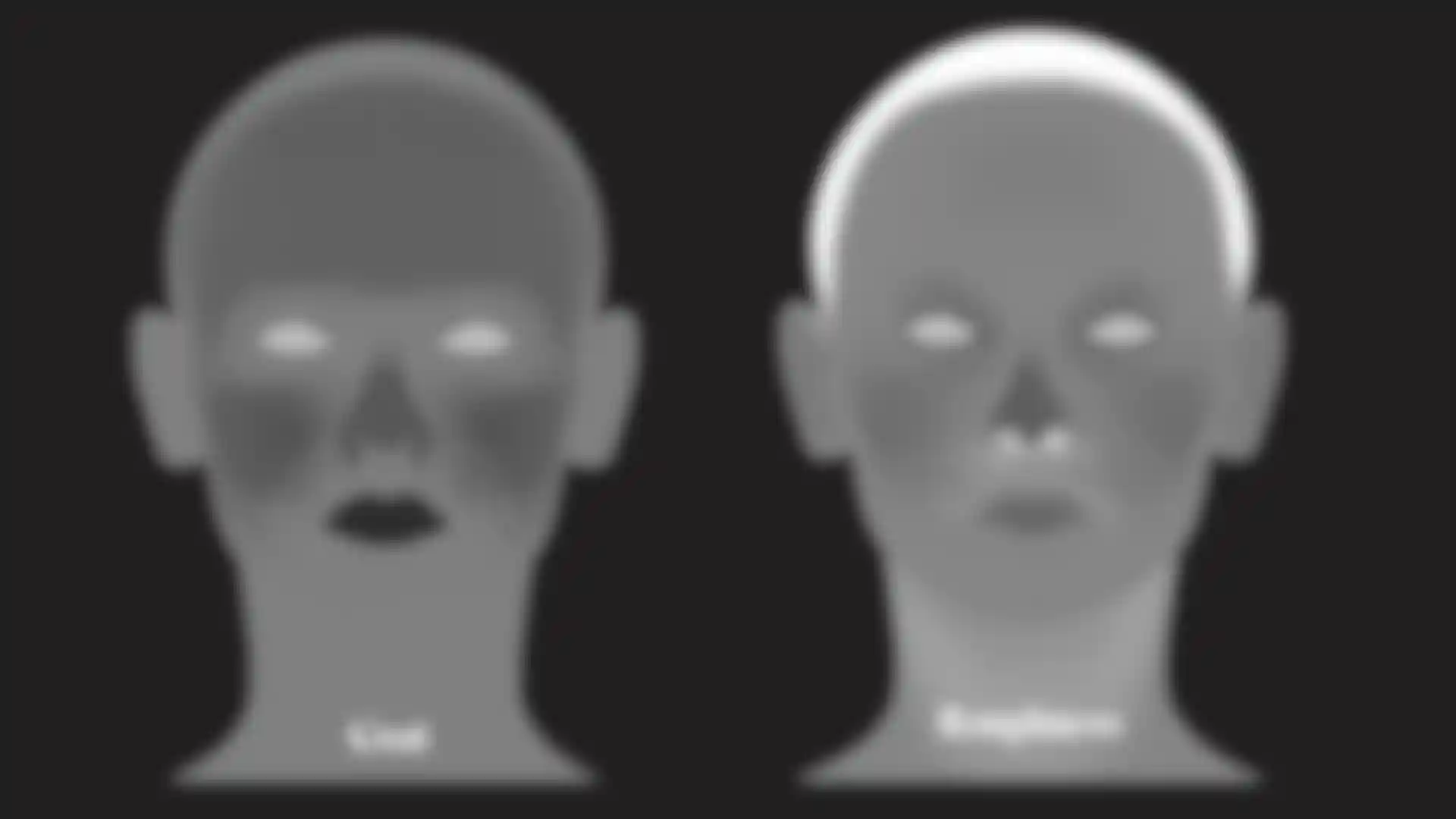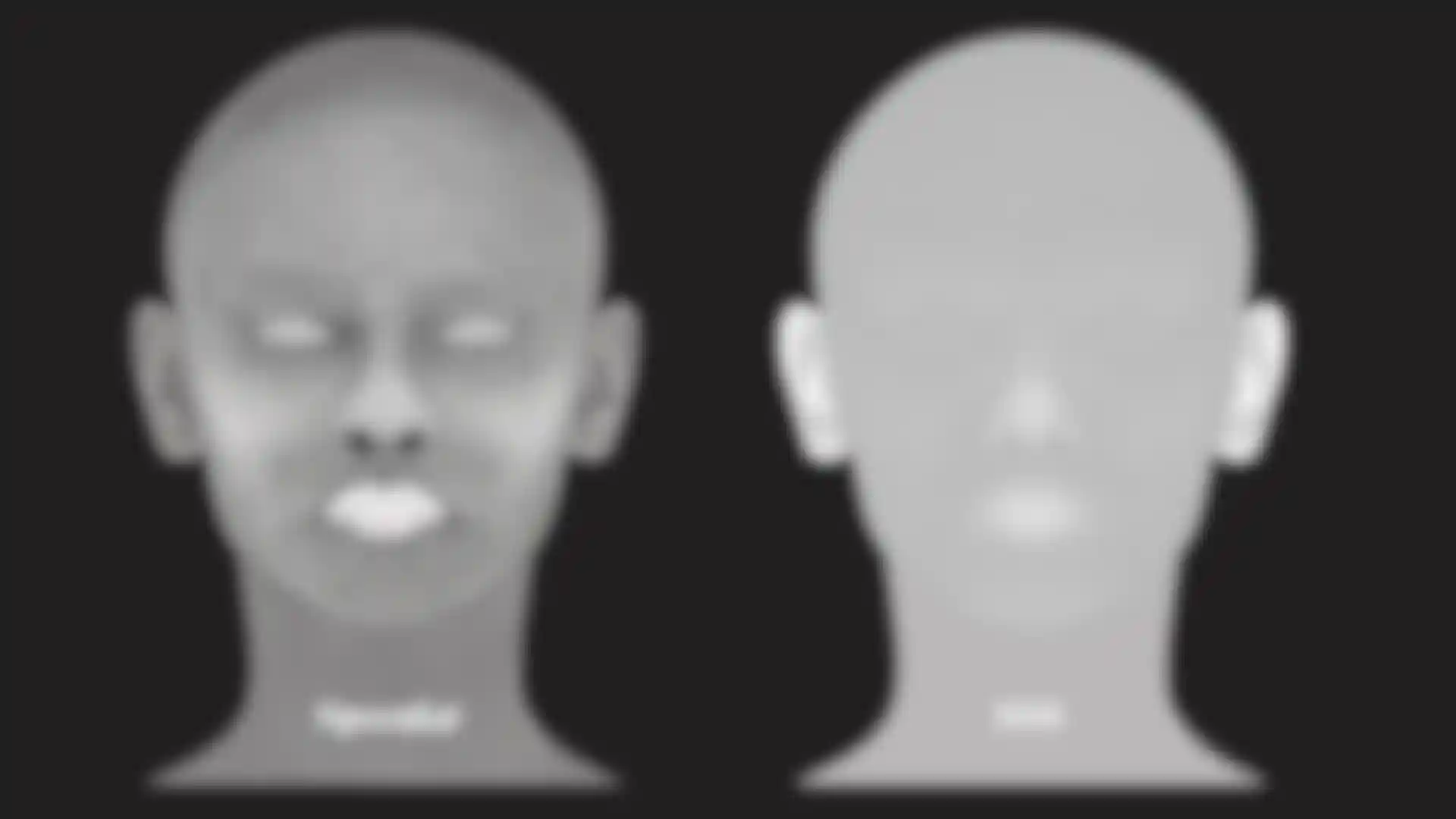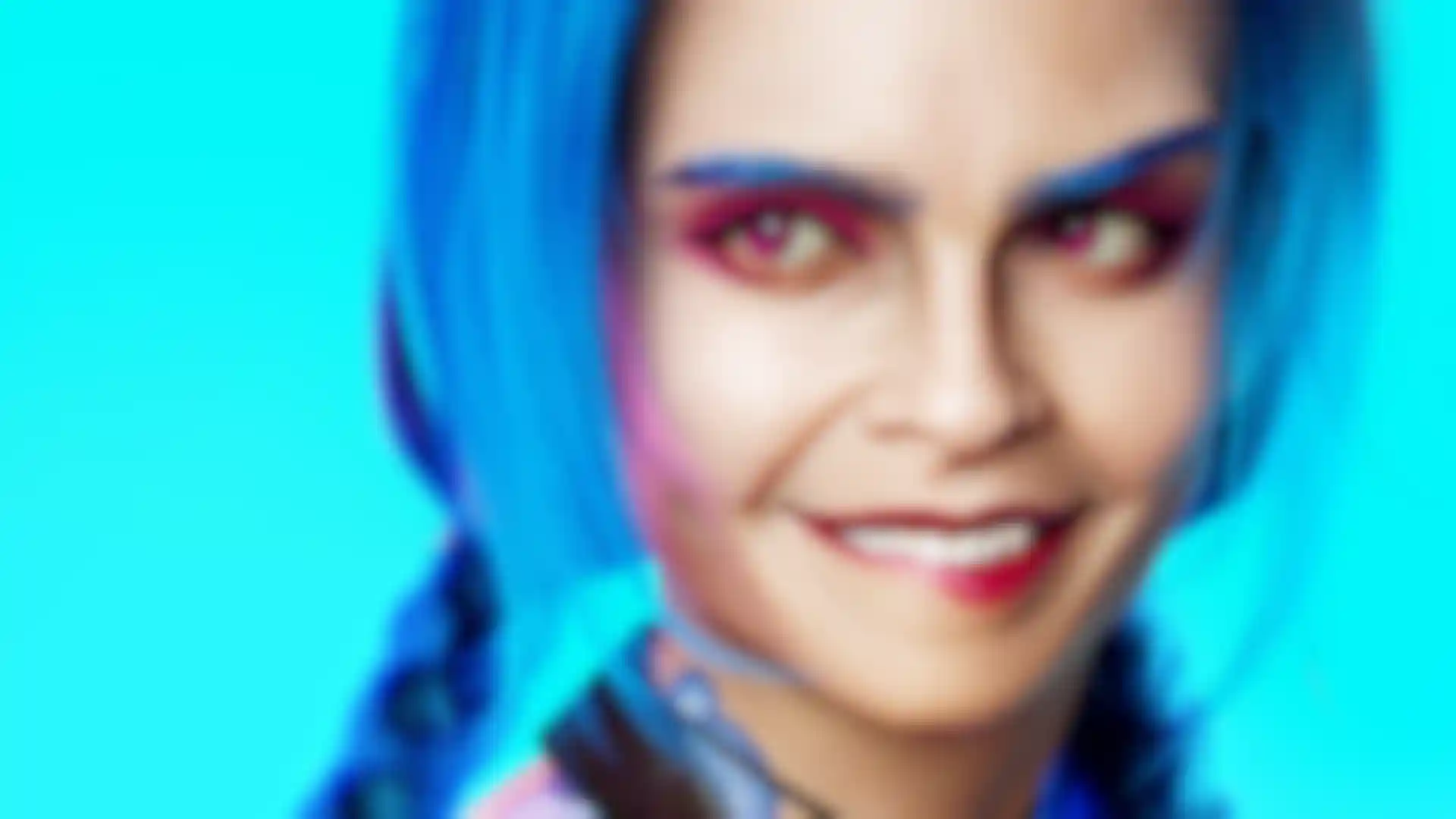
Character Studies 3D artist Seungnam Yang explains how he uses ZBrush and Maya to Create 2D Portraits of Favorite Characters.
Seungnam Yang is a successful 3D artist in Seoul, South Korea, and he often spends his personal time turning favorite actors and characters into 2D portraits using Maya and ZBrush.
Recently, after watching “Arcane,” the Netflix series based on the “League of Legends” video game, he created a detailed 2D portrait of Jinx, a beautiful but notorious character with a complicated backstory.
We talked with Yang, who plays “League of Legends” a lot, about his workflow, the Jinx portrait and what he does as a commercial character artist.
How did you get into 3D character modeling?
Yang: I majored in design at university, but the professor told me that I had no talent. That’s what I thought, too, so during a vacation break I tried to find a special skill that I could focus on. That’s when I found 3D modeling and formed a 3D club with my friends.
I quickly became immersed in 3D and thought that I was better at it than I had been with design. I think it’s also really fun to share works with others and see how artists express ourselves differently.
When did you start using ZBrush?
Yang: I started using ZBrush with 4R7. At the time, I was making portraits for my portfolio of Ninja Turtles and Buzz Lightyear. Before that, I was only using Maya but I got to learn ZBrush in school and thought it was much more intuitive for modeling than traditional software. It feels like playing with clay.
How is your personal character work different from what you do professionally?
Yang: The personal work fills me up creatively. I’m able to make what I really want to make and that makes me so happy. I can’t stop making 3D characters and, as technology advances, I am studying constantly.
“One Punch Man” is my favorite cartoon and has been a great inspiration to me. Recently, I’ve been working on realistic versions of Saitama, the main character in the series, and one of them has my face. I’m also working on heroes and monsters from “One Punch Man.”
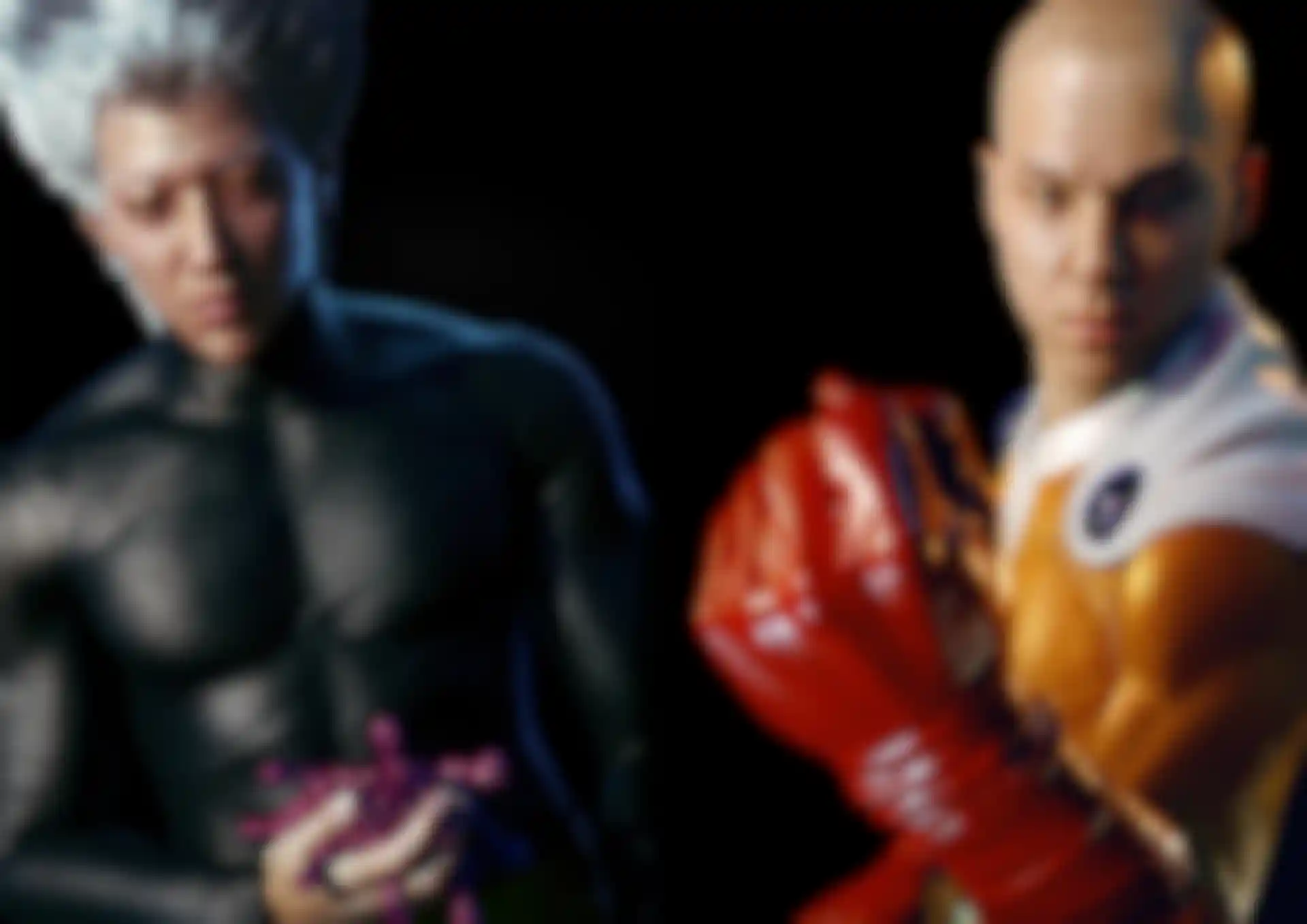
What inspired you to create Jinx’s portrait and what was your process?
Yang: I’m a huge “League of Legends” fan, and she’s very attractive too. So I decided to make a portrait of her when I had a break between projects. I’m also working on other characters, like Genos and Vi.
For faces and bodies, I usually purchase HD heads from the 3D Scan Store, and then I modify the hairstyles in ZBrush. I think ZBrush is a very powerful tool for texturing and correcting parts of things that I don’t want. I use Substance Painter a lot for texturing clothes and props.
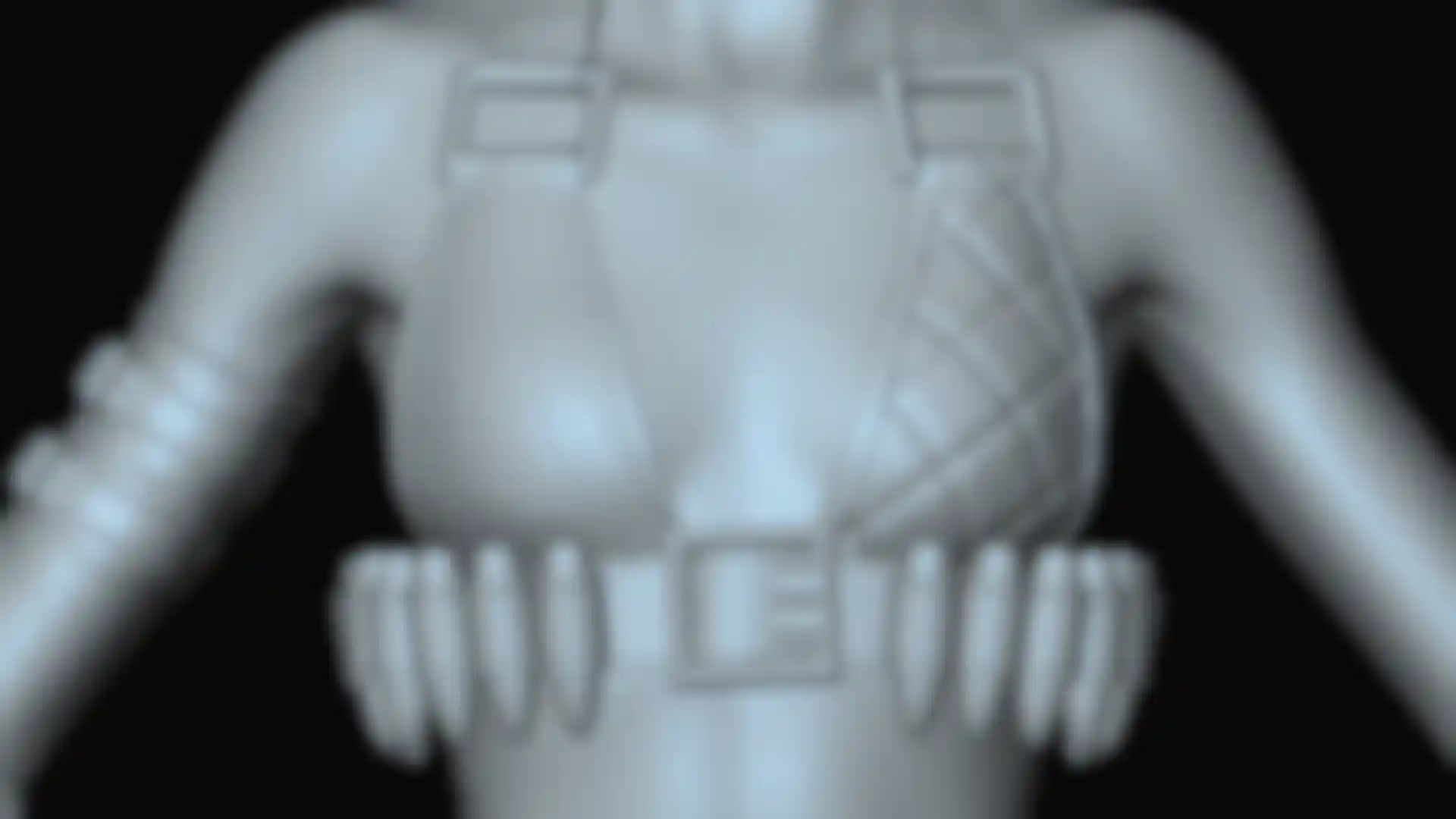
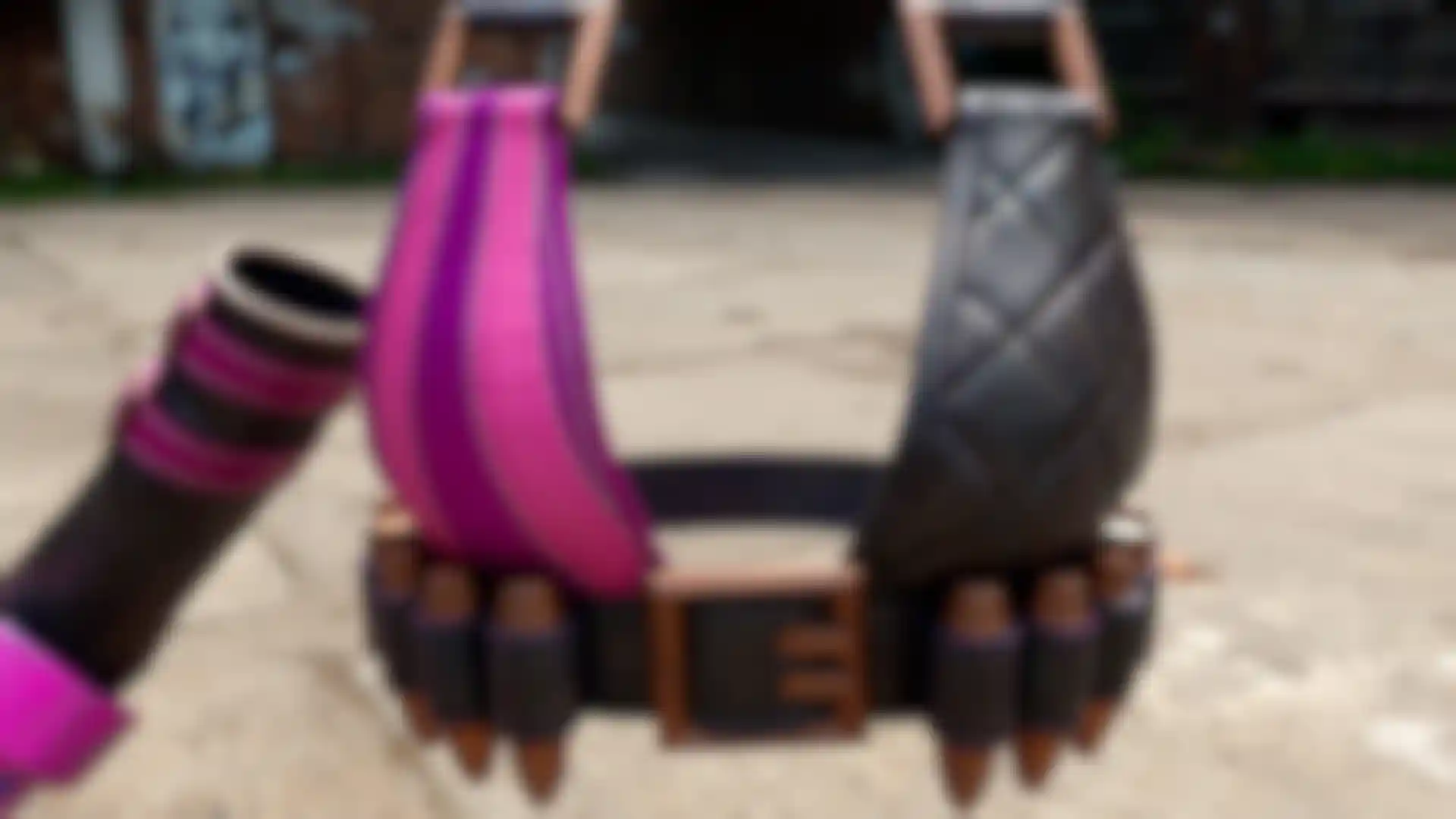
How do clients find you?
Yang: They usually contact me through ArtStation. But if I find out a project that I really want to participate in, I apply directly. I also get work sometimes through recommendations from colleagues.
Tell us more about your commercial work?
Yang: I usually make characters for commercial work, both in-game characters and the ones for cinematics. I watch a lot of tutorials to improve my skills, particularly the character tutorials by the artist J. Hill. His YouTube channel has really helped me a lot.
Could you walk us through your usual workflow?
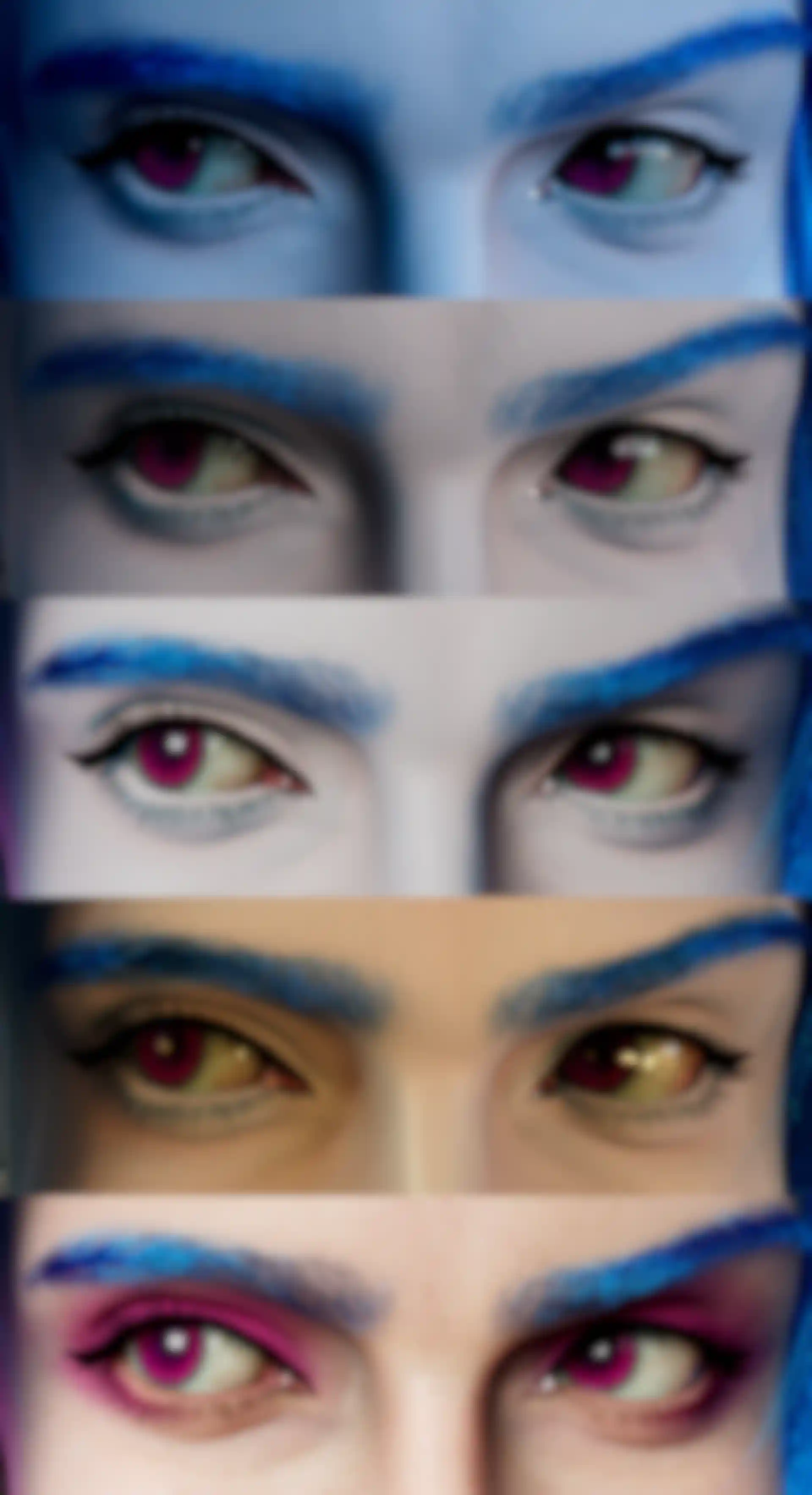
Yang: I'm always changing my workflow. New tools are being developed all the time, and good scan data is coming out, so my workflow changes quite a bit. At the beginning of a project, I think about what I want to make and often get inspiration from movies and cartoons. Sometimes I start with only one photo.
Once the concept is set, I collect references. My style often mixes a real person with a cartoon character, so I collect as many photos of actors’ and models’ faces as possible. Then, I organize them so I can easily see them all in one place.
Modeling of faces starts in ZBrush, and I use DynaMesh to make it as similar as possible. I project the MetaHuman mesh onto my model using ZWrap. I will often use a MetaHuman mesh because it’s much faster. I don't think there's anything special about my way of working, but I do try to use new programs and methods for different tasks.
When the projection is complete, I extract the texture and create the hair using XGen after the first rendering. Clothes are made with Marvelous Designer with detailing in ZBrush.
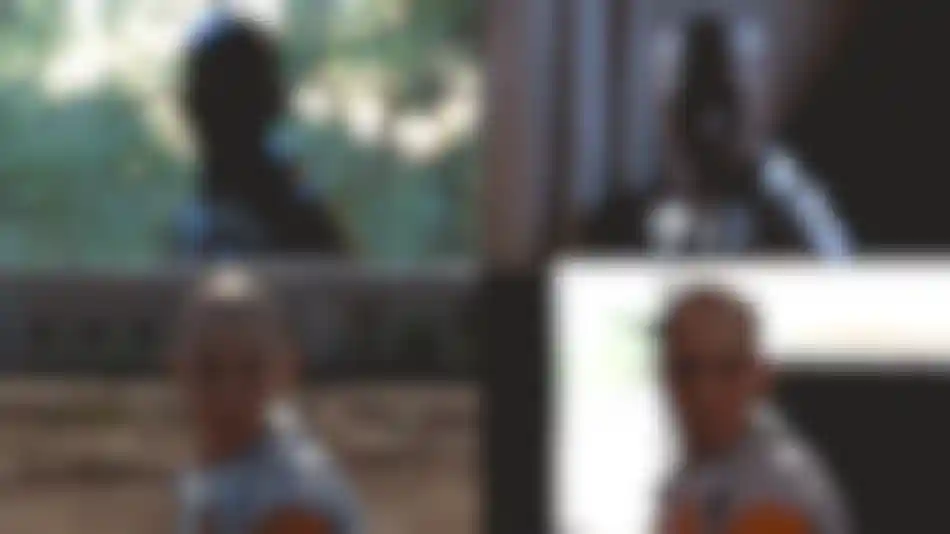
What advice would you give artists who are just learning to use ZBrush?
Yang: You might find ZBrush a little strange and difficult when you first start using it. But if you continue to use it, you will be able to enjoy sculpting and it will be fun. Just do a little bit every day and stick with it. That’s really important.
